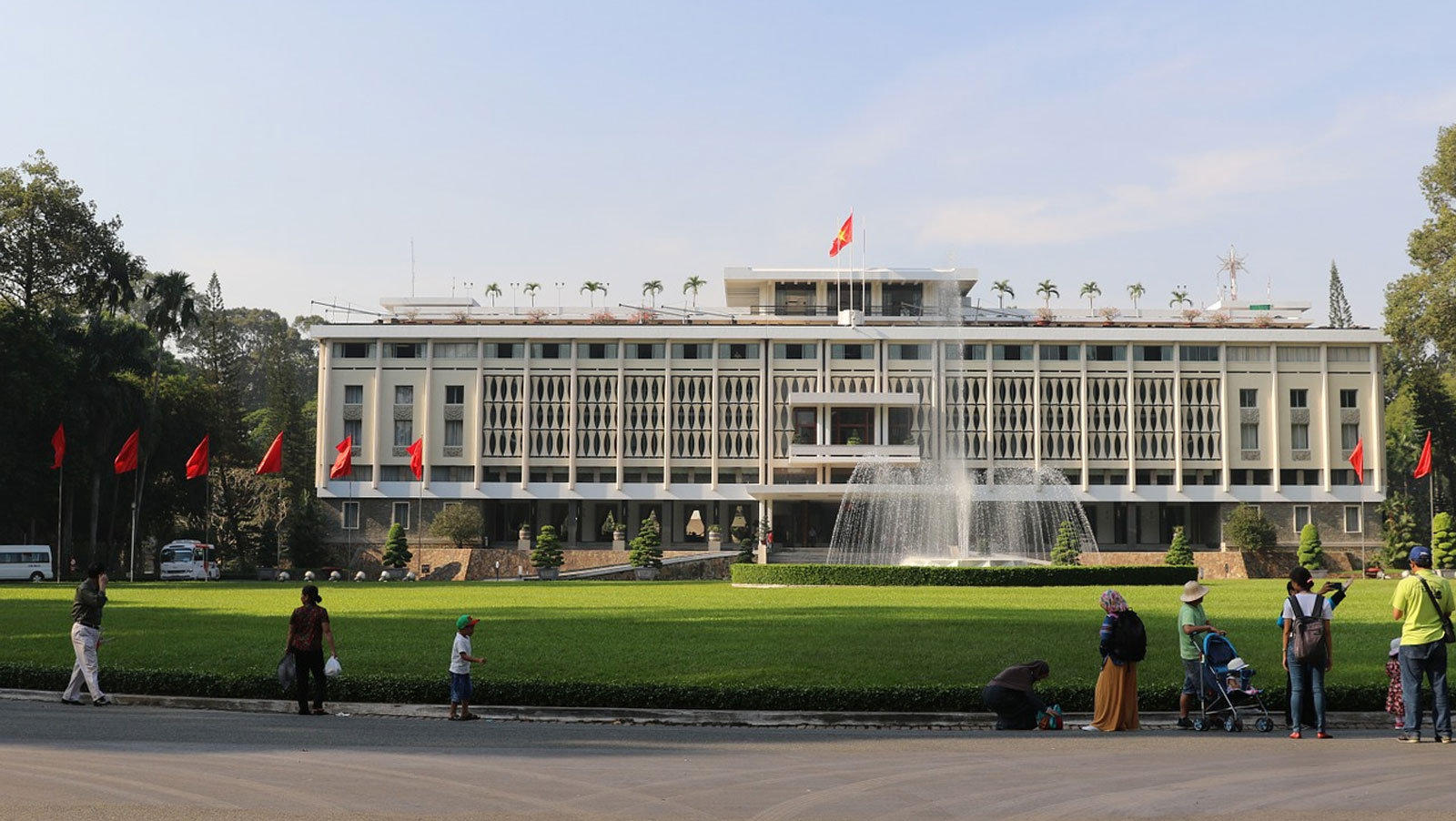It may be time for Vietnam to loosen up its policies on foreign casino investments. This is the viewpoint of the country’s Ministry of Finance (MoF), which wants the government to change the requirements in order to allow greater amounts of offshore interest to facilitate the growth of the industry. The idea has merit, as the current regulations require a minimum investment of $2 billion for the construction of an integrated resort (IR), half of which has to be paid just to receive authorization to invest.
 According to VNExpress, the MoF approached Vietnam’s prime minister recently, suggesting that he include investor money contributed to other special administrative-economic zone (SAEZ) projects when calculating the base amount of capital that needs to be disbursed in order to receive the authorization. In doing so, the $1-billion down payment currently required would be lowered substantially, which would lead to greater foreign participation in IR development.
According to VNExpress, the MoF approached Vietnam’s prime minister recently, suggesting that he include investor money contributed to other special administrative-economic zone (SAEZ) projects when calculating the base amount of capital that needs to be disbursed in order to receive the authorization. In doing so, the $1-billion down payment currently required would be lowered substantially, which would lead to greater foreign participation in IR development.
This would provide a significant boost to areas that are suffering from underdevelopment, such as the rural district of Van Don. Located in the Quang Ninh province, it is one of three locations that have been selected for a potential SAEZ, but which has not attracted interest because of the current requirements. Van Don is joined by Bac Van Phong in Khanh Hoa and Phu Quoc in Kien Giang.
Not everyone is ready to back lighter requirements. The Ministry of Planning and Investment responded to the MoF’s proposal by saying that it wouldn’t be appropriate at this time, but didn’t provide a clearer explanation. The Ministry of Defense sided with the opposition, saying that the move would be unfair to businesses that have already made substantial investments for IR development.
Vietnam has taken a dim approach toward gambling, refusing to allow locals into the country’s seven casinos. If the Royal Casino in Quang Ninh is any indication of how often foreigners visit the country to gamble, the $2-billion requirement will definitely continue to keep investors away. The Royal reported in January that it its after-tax profit for 2018 was just $731,263 – the first time since 2015 that it was not in the red.
There exists a possibility – albeit remote – that legal gambling could pick up in Vietnam. The country launched a program last year to determine if locals should be allowed to gamble, and three casinos are to be involved. The first was the Corona Resort, which began to receive local casino-goers this past January. A second venue, backed by Suncity Group, will open its doors to locals this fall and the third property has not yet been identified.





